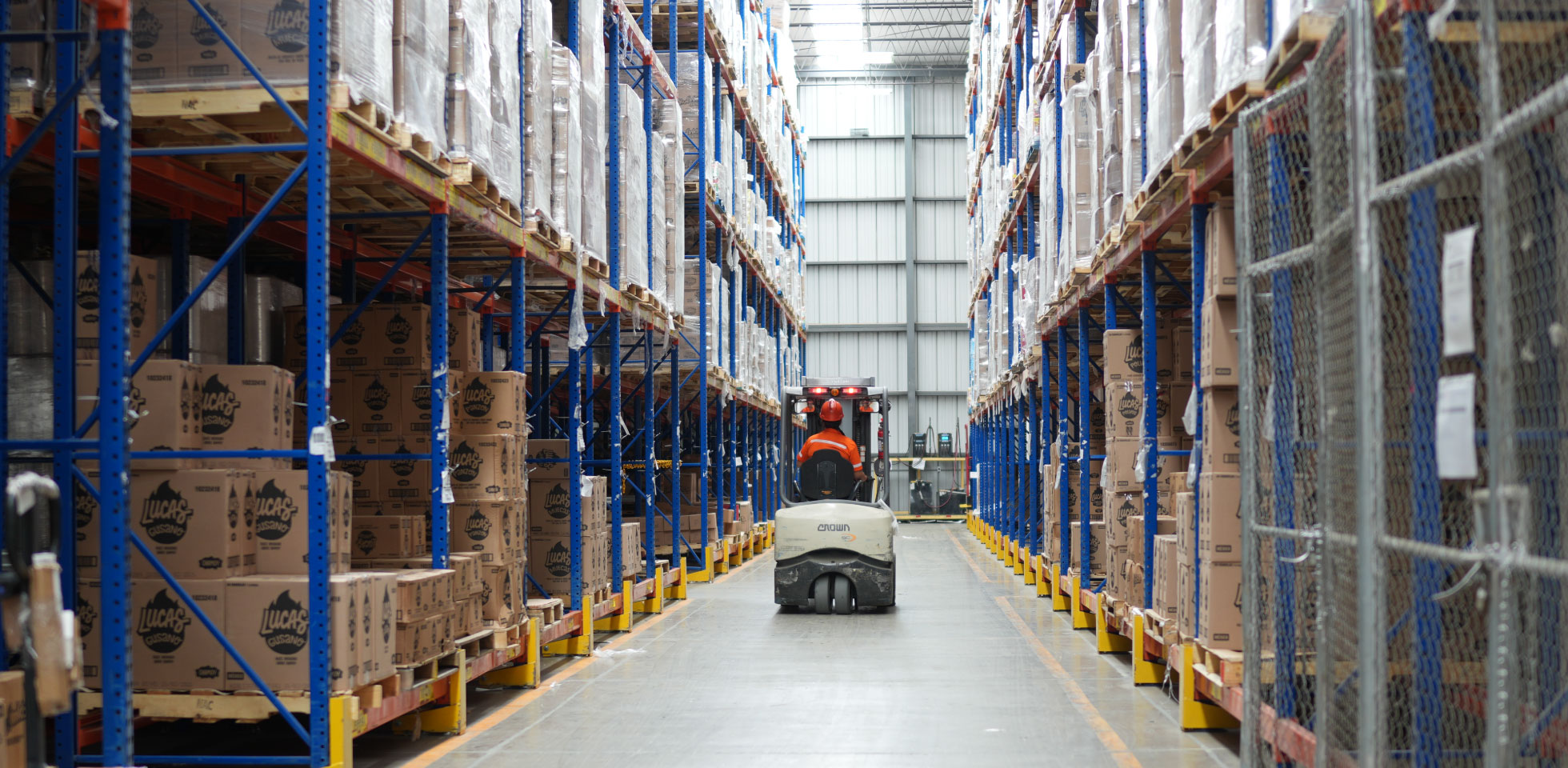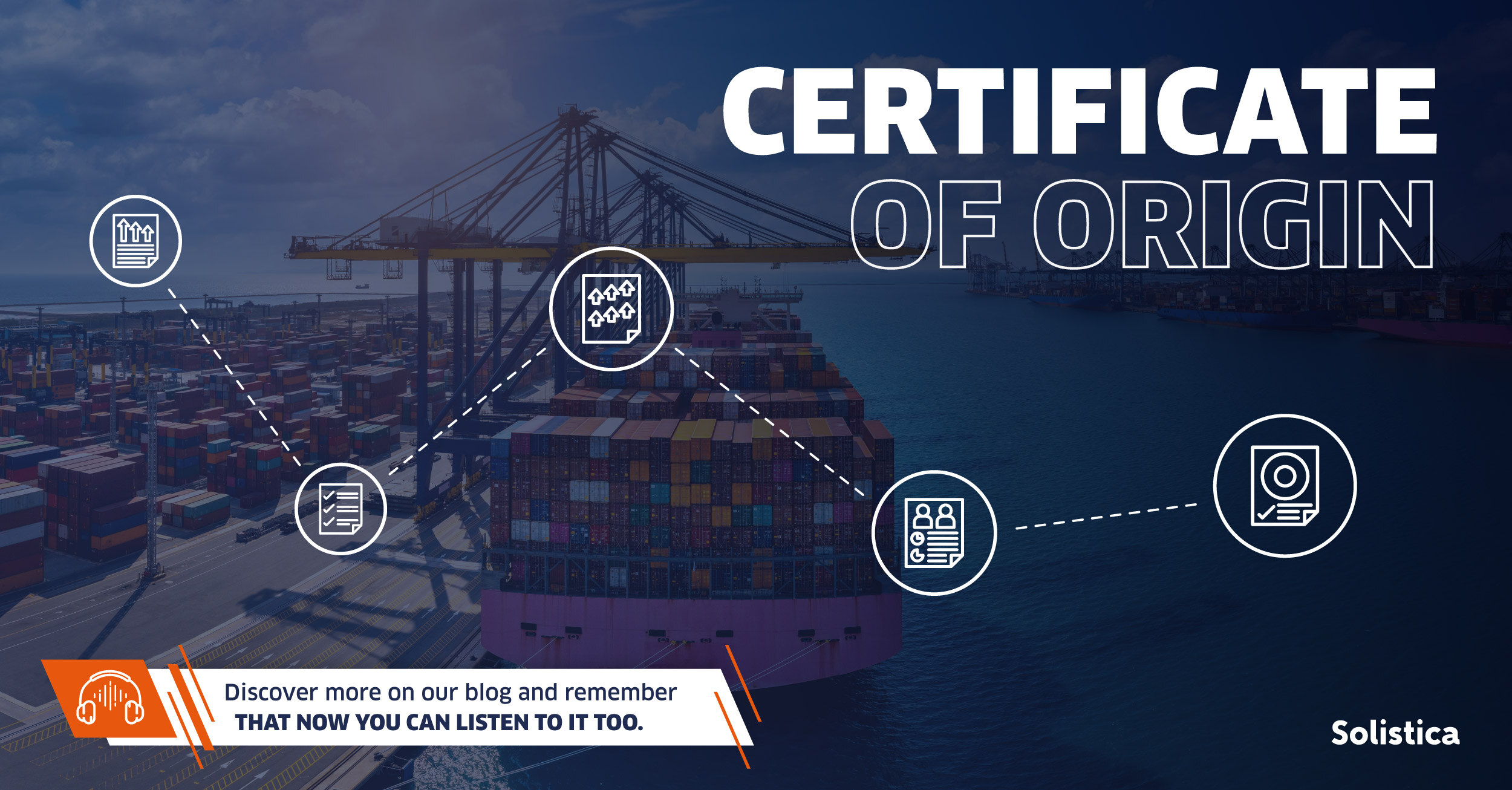International Logistics as the Axis of Global Economic Progress
In the global context, the digital revolution and growing environmental awareness, international logistics stands as the strategic epicenter that drives the gears of world trade. More than a mere discipline, international logistics represents a vital fabric that connects continents, businesses, and cultures, playing a fundamental role in global economic efficiency. This article delves into the complexities and opportunities inherent in international logistics, exploring the competitive salaries and continuous professional development it offers, as well as the crucial challenges that demand specialized skills. In addition, we will outline fundamental strategies for professionals to not only survive but thrive in this exciting professional landscape.
International logistics, as a discipline, transcends supply chain management; it is the bastion that facilitates the uninterrupted circulation of goods and services across borders, merging operational efficiency with the complexity of globalization. Today, as geographical barriers dissolve and connectivity is the norm, international logistics professionals find themselves at the forefront, facing challenges ranging from the demand for specialized skills to the need to compete on a global stage. However, this profession not only presents challenges; it offers a series of opportunities that go beyond competitive salaries, inviting individuals to engage in continuous professional development and deploy their skills in a truly global work environment.
In this context, international logistics presents itself as a career, and as an exciting journey that requires strategic cunning and constant adaptability. In this article, we will explore the routes that lead to a promising future in international logistics, highlighting the importance of specialized training, participation in practical experiences, and connection with the global community of professionals. International logistics, with its amalgam of challenges and rewards, positions itself as a profession destined to define the pulse of international trade in the coming decades.
Opportunities in international logistics: Beyond competitive salaries
- Competitive salaries and benefits: International logistics offers employment, and a world of career with substantial remuneration and attractive benefits. A logistics manager in the United States, for example, enjoys an average salary of $120,000 annually, underlining the strategic importance of this profession. This level of compensation reflects the complexity of responsibilities, and serves as a magnet to attract and retain highly skilled professionals, creating a conducive environment for long-term development and prosperity.
- Continuous professional development: International logistics is distinguished by its dynamism, requiring professionals to embrace continuous learning to stay relevant in a constantly changing landscape. The ability to adapt to new trends, technologies, and regulations is advantageous and notably essential for those seeking to keep pace with market demands and, in turn, lead the vanguard of innovation in international logistics.
- Global work: The global nature of international logistics expands the horizon of opportunities, allowing professionals to work in various countries and immerse themselves in a multitude of cultures. This global approach enriches professional experience, and provides a deeper understanding of the challenges and opportunities inherent in international trade. The ability to effectively collaborate in multicultural environments becomes an invaluable asset in this professional landscape, offering unique perspectives and crucial adaptation skills.
Challenges in International Logistics: Navigating Global Complexity
- Demand for specialized skills: International logistics demands specialized skills that go beyond basic logistics management. The ability to manage complex projects, logistics planning, and problem-solving in an international environment are fundamental requirements. Continuous training and the development of specialized competencies are essential to effectively face these challenges, highlighting the need for a proactive educational approach.
- Global competition: Currently, competition in international logistics transcends national borders. Professionals must be prepared to compete with their peers from around the world, highlighting the importance of staying updated with global trends and developing skills that transcend geographical and cultural barriers. The ability to understand and adapt to diverse business contexts is essential to stand out in this highly competitive field.
- Constant technological changes: International logistics is constantly evolving, driven by rapid technological advances. Professionals must be prepared to adapt to these changes, incorporating new technologies to optimize processes and maintain operational efficiency. The ability to adopt emerging technologies, such as supply chain management platforms and advanced tracking systems, is fundamental for continued success in this profession. Resilience and a mindset of constant updating are key elements to overcome these challenges.
A Promising Future in International Logistics
International logistics presents itself as a rewarding profession and at the same time as an opportunity to leave a significant mark in today’s globalized world. Those professionals who are prepared to face the challenges and capitalize on the opportunities offered by international logistics are projected towards a promising future full of possibilities in this vibrant discipline.
Recommendations for international logistics professionals: Strategies for lasting success
- Obtain specialized training: Given the unique complexity of international logistics, it is essential to seek specialized training programs. These programs will prepare professionals with specific knowledge about international trade agreements, customs regulations, and transport regulations.
- Undertake internships or internships: Practical experience is invaluable in international logistics. Internships or internships offer the opportunity to apply learned theories in real environments, developing practical skills and establishing valuable connections in the industry.
- Participate in industry events: Industry events are crucial platforms for staying updated on the latest trends and networking with professionals in the field. Participating in conferences, fairs, and seminars offers invaluable insight and helps build a solid network in international logistics.
International logistics represents a profession of the future and an opportunity to make a difference in the world. Those professionals who are prepared to face the challenges and capitalize on the opportunities offered by international logistics are projected towards a promising future full of possibilities in this dynamic and essential discipline.





